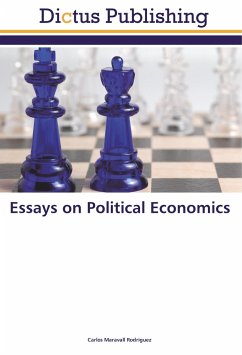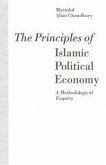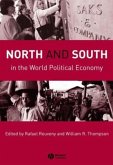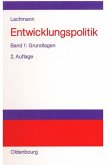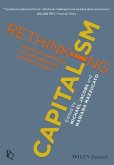The first chapter studies commitment in the Osborne-Slivinski (1996) citizen-candidate model. I consider a notion of "sincere" commitment: costless to positions closer to one's ideal point than any other candidate's position, but very costly for those further away. I show that the unique equilibrium with four or less candidates has a single candidate entering. The second chapter considers an election with candidate entry and a state variable that translates all players' ideal points. Candidates are informed of its realization, voters are not. I study its impact on candidates' commitment. I show that when they cannot commit, information is of no consequence for the election. Instead, when they can commit, strategies are altered: there are equilibria where the number of candidates, locations they enter at, and behaviour would never arise if there was no uncertainty. The third chapter analyzes if electoral competition makes candidates reveal information that voters value in a model consistent with six stylized facts of U.S. Presidential elections. I show that even if candidates compete in Downsian multidimensional space and appear ex-ante identical, Nash equilibra exist.

